Best movies like Pearls of the Deep
A unique, carefully handpicked, selection of the best movies like Pearls of the Deep Starring Pavla Maršálková, Ferdinand Krůta, Alois Vachek, Emil Iserle, and more. If you liked Pearls of the Deep then you may also like: XX, Ikarie XB 1, Quartet, The Joke, The Junk Shop and many more popular movies featured on this list. You can further filter the list even more or get a random selection from the list of similar movies, to make your selection even easier.
A manifesto of sorts for the Czech New Wave, this five-part anthology shows off the breadth of expression and the versatility of the movement’s directors. Based on stories by the legendary writer Bohumil Hrabal, the shorts range from the surreally chilling to the caustically observant to the casually romantic, but all have a cutting, wily view of the world.
Pearls of the Deep
You may filter the list of movies on this page for a more refined, personalized selection of movies.
Still not sure what to watch click the recommend buttun below to get a movie recommendation selected from all the movies on this list
Ikarie XB 1
The year is 2163. Starship Ikaria XB 1 embarks on a mission deep into space in search of alien life. During their perilous journey the crew confront the effects of a malignant dark star, the destructive legacy of the 20th century and, ultimately, the limits of their own sanity.
The Junk Shop
Juraj Herz adapts Bohumil Hrabal's story about a man who works in a junk shop.
Capricious Summer
Middle-aged Antonin and his friends, the major, now retired, and the canon, are in the river, swimming and philosophizing. Then it starts to rain. It just seems to be that sort of summer. Antonin runs the swimming bath with his portly wife Katherine... A man appears with his horse-drawn caravan. He lays a striped pole across the river and walks over. With a handstand and a magic trick, Ernie the Conjuror invites everyone to that evening's performance... Ernie is a tightrope walker of only modest skill, but with a slim and beautiful assistant, Anna. Antonin speaks to her. The two spend the night in the change room by the river, Antonin massaging her feet all night long. Katherine decides to move into the caravan with Ernie. But now the major and even the canon sense Anna's attractiveness...
Closely Watched Trains
At a village railway station in occupied Czechoslovakia, a bumbling dispatcher’s apprentice longs to liberate himself from his virginity. Oblivious to the war and the resistance that surrounds him, this young man embarks on a journey of sexual awakening and self-discovery, encountering a universe of frustration, eroticism, and adventure within his sleepy backwater depot.
The Murder of Mr. Devil
Comedy with fairy-tale touches, about Kate, who wants to marry, and Mr. Devil, who is not interested in the heart or soul of this passionate and aging lady, but is interested in her good cooking – for Mr. Devil is a glutton.
Diamonds of the Night
A tense, brutal story of two Jewish boys who escape from a train transporting them from one concentration camp to another. Ultimately, they are hunted down by a group of old, armed home-guardists. The film goes beyond the themes of war and anti-Nazism and concerns itself with man's struggle to preserve human dignity.
The Snowdrop Festival
This movie is based on texts of Bohumil Hrabal, world-known Czech prosaic. It's a story (in a form of a mosaic of short episodes and pictures) about the sadness and happiness of inhabitants of Kersko (Kersko is a small woody area full of cottages and roods). These people are both simple and sensitive, they have their own pleasures (e.g. Leli is a collector of cheap, but inutile things) and the greatest delight of all of them is a hunting. Crude poetics of amateur hunting is screened by dreamy pictures of this area. Menzel mixes sentimental lyricism and rough (but not vulgar!) humor and the outcome is the never-ending landscape of continuous life in the proximate nearness of nature. The performances of actors are brilliant. Both Rudolf Hrusinsky as a Franz and Jaromír Hanzlik as a Leli have nonrecurring charm bottomed on a pain and inebriation. Only the music is not perfect: Jiri Sust usually assembled his film music from his older works and in this movie there is many quotations.
The Very Late Afternoon of a Faun
A bachelor named Faun with a Don Juan complex, seized with a hypochondriac's fear of the ineluctable approach of death, enters a race against time's passage. Faun's sexual love is imbued with the narcissistic vanity of a self-satisfied bacchant who even towards old age can't manage to forgo his lifelong pose as an irresistable seducer of women. He desperately searches for meaning in superficial, fleeting sex.
Nobody Will Laugh
A successful art historian who has trouble telling people difficult truths, finds himself in an inescapable situation when a small lie quickly gets out of hand.
Crime at the Girls School
Three short story omnibus. The main hero and connecting link is Lieutenant Boruvka, created by Lubomír Lipsky. He deals with the murder case between climbers, the death of the dancer in the music theater and the strange disappearance of the mathematics professor.
The Pipes
This three-part Austrian/Czech comedy stretches the boundaries of what is considered to be humorous. Part one finds a silent film actor upset because of a rival actor's attention to the former's wife. When he kills his rival, it is only when he is strapped to the electric chair that he realizes that this is his last live scene. The second episode has the wife of an elderly British nobleman having an affair with the young gamekeeper of their estate. Part three finds a peasant woman taking a lover when her husband goes off to fight the war.
Burglar and Umbrella
In the morning twilight of Prague, the dead body of the safe-breaker Toufar is found floating on the river Vltava with a knife in his back. Police inspectors visit Toufar's lover, the prostitute Anna Kulatá (Jirina Bohdalová), nicknamed Umbrella, and it is apparent that the moment before she opened the door of her flat, someone fled through the window. Umbrella is summoned for examination to the head of the criminal police - Police Councilman Vacátko Jaroslav Marvan, but although shocked by the photograph of the dead man, she does not confess to anything. Before Toufar, Umbrella lived with the safe-breaker Penicka (Radoslav Brzobohatý), who loved her very much and made her quit her street trade. But when he was sentenced to three years' imprisonment, Umbrella began to live with the brute Toufar, who chased her to street again. In the case of the murder, Penicka is therefore the prime suspect.
Capek's Tales
Five crime stories connected by the narration of police superintendent Bartosek.
Fruit of Paradise
An experimental retelling of the story of Adam and Eve which then progresses into an allegorical depiction of the loss of innocence.
Robinson Girl
Blazenka likes to imagine she is on a desolate island and has to find a way how to survive. After the death of her mother she stays together with her baby brother and has to take care of the family. In this difficult situation, she plays this role-game that helps her to deal with the sudden loss of her mother.
Larks on a String
In post-WWII Communist Czechoslovakia, several characters considered bourgeois are sentenced to work in a junkyard for rehabilitation. Among them is a young man who pines for a female convict.
Sonatine
This poignant human drama is phrased as a "small sonata" in three movements -- a novel approach by director and writer Micheline Lactôt to tell the story of two teenage girls. In the first movement, Chantal (Pascale Bussieres) rides the same bus every day and slowly develops an infatuation with the bus driver. Their interactions are expressed through gestures and glances and facial expressions, but not words. Just as Chantal is getting old enough, and maybe courageous enough to actually say something to the driver, fate steps in and she loses her chance. In the second movement, Louisette (Marcia Pilote) hides out on a fishing boat and is discovered by a Bulgarian fisherman who treats her with kindness and consideration and they spend a special evening together -- without being able to speak a word in the other's language. In the third movement, Chantal and Louisette become friends, and as kindred spirits they share a sense of loss and hopelessness.
Prague Nights
A stuffy middle-aged foreigner, a businessman named Fabricius, lonely and looking for a night's diversion, finds it in the form of a mysterious blonde. In an abandoned cemetery, she tells him three tales involving black magic and erotic obsession. In "The Last Golem," a young rabbi struggles to fashion a massive, silent giant out of living clay — until he's distracted by a mute servant girl. In the second episode, "Bread Slippers," an 18th-century countess indulges her passion for sweet cakes, adulterous affairs, and secret kisses with pretty maids until a mysterious visitor whisks her away to an abandoned mansion, where Fate has a different kind of dance in store for her. And in the final story, "Poisoned Poisoner," a ravishing murderess in the Middle Ages dispatches lecherous merchants to the tune of upbeat '60s Czech pop songs.
Ten Minutes Older: The Trumpet
Ten Minutes Older is a 2002 film project consisting of two compilation feature films entitled The Trumpet and The Cello. The project was conceived by the producer Nicolas McClintock as a reflection on the theme of time at the turn of the Millennium. Fifteen celebrated film-makers were invited to create their own vision of what time means in ten minutes of film.
In Passing
In Passing is a collaboration between seven different filmmakers from around the world in response to Jesse Richards' 2008 Remodernist Film Manifesto.









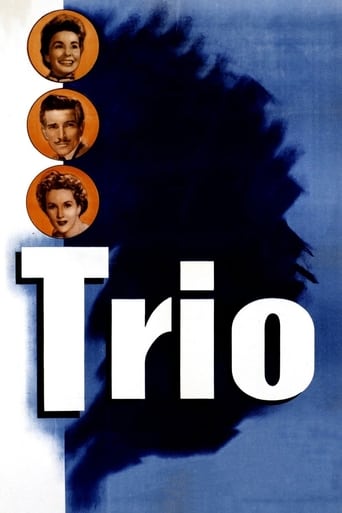





















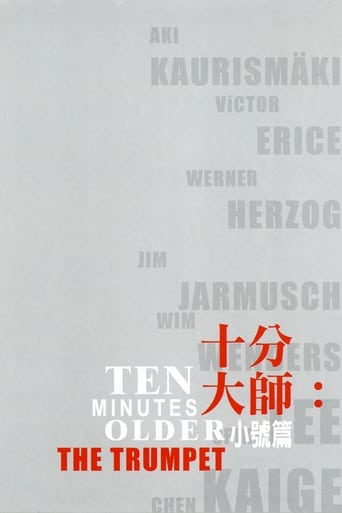



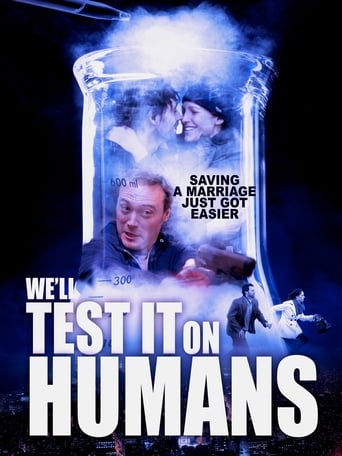

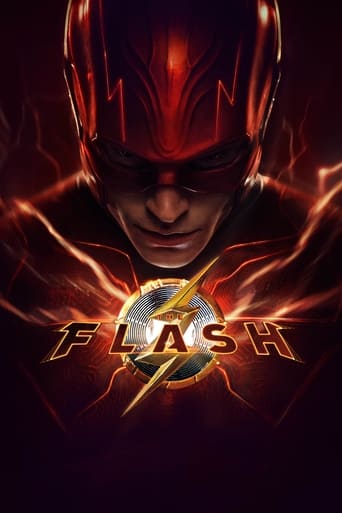
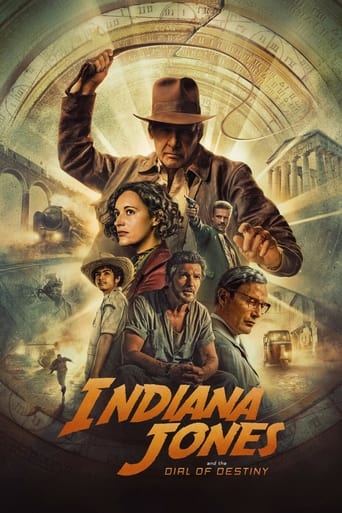
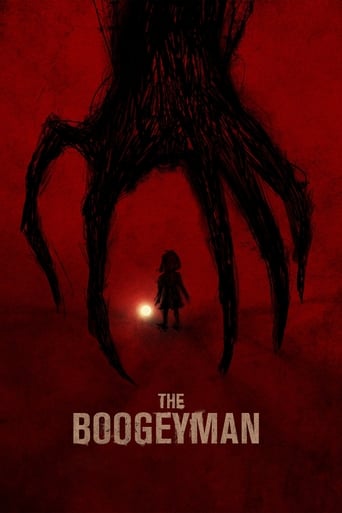
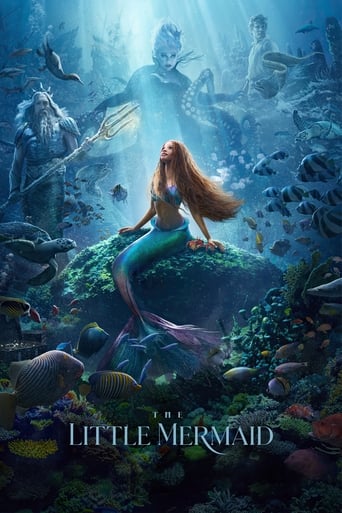
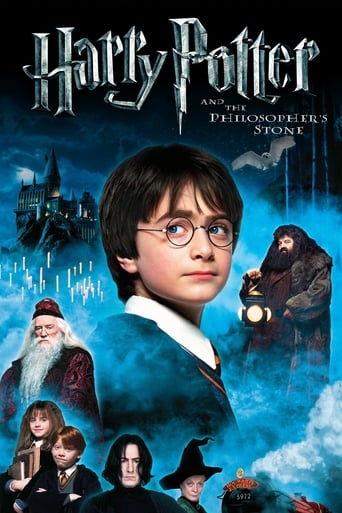

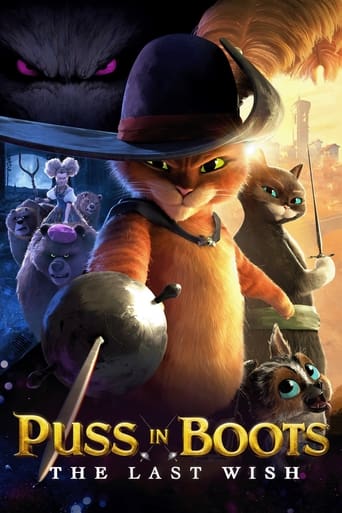
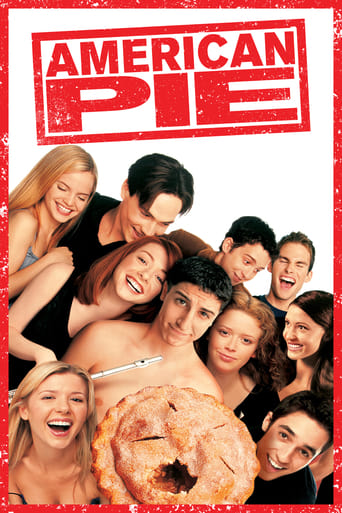
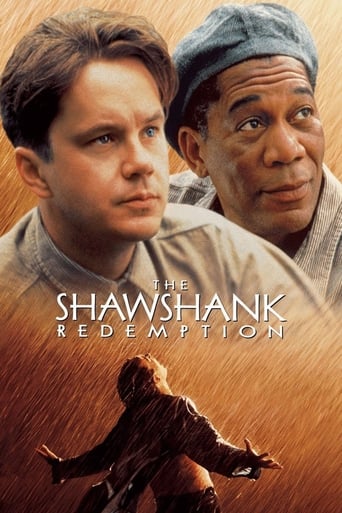
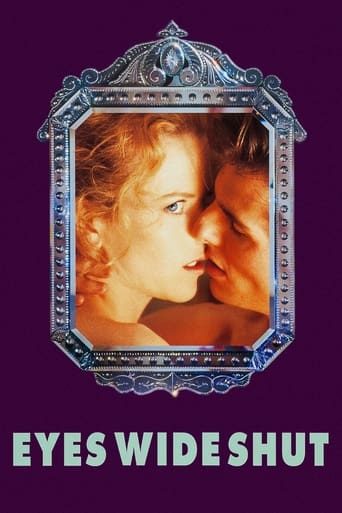
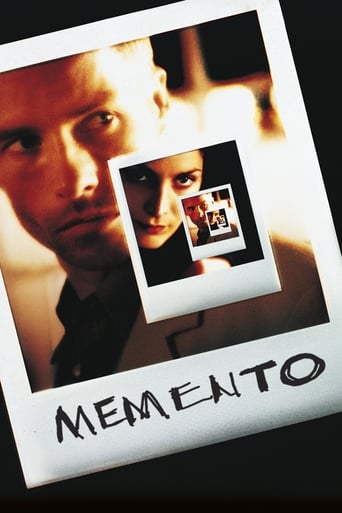
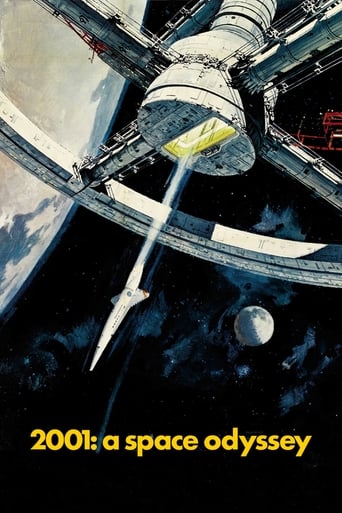
XX
This all-female horror anthology features four dark tales from four fiercely talented women.